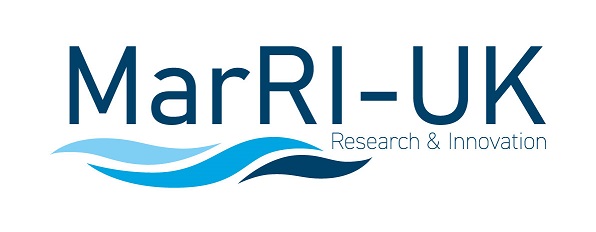The MarRI-UK Members Research Programme, shaped by our industry members, encompasses several key areas aimed at advancing the maritime industry. Our current research topics are: Clean Maritime, Autonomy, and Digital Shipyard.
Clean Maritime
The Clean Maritime project is conducted by team from University of Southampton (Led by Prof. Alan Murphy and Prof. Stephen Turnock) and University College London (Led by Dr Yuanchang Liu and Dr Peng Wu).
The Clean Maritime initiative focuses on developing and implementing technologies and practices that reduce the environmental impact of maritime activities. This includes research into alternative fuels, such as hydrogen and ammonia, energy-efficient ship designs, and emission reduction technologies. The goal is to achieve significant reductions in greenhouse gas emissions and other pollutants, thereby contributing to the sustainability of the maritime sector and aligning with global environmental targets.
Autonomy
The Autonomy project is conducted by team from Liverpool John Moores University (Led by Prof. Zaili Yang)
The Autonomy research area is dedicated to advancing autonomous and remotely operated vessel technologies. This includes the development of advanced sensors, control systems, and artificial intelligence to enable vessels to operate with minimal human intervention. The research aims to enhance safety, efficiency, and reliability of maritime operations by leveraging autonomous technologies. This could revolutionise shipping and logistics, reducing operational costs and mitigating risks associated with human error.
Digital Transformation of Shipyards and Shipbuilding (Digital Shipyard: DISY-UK)
The Digital Shipyard project is conducted by team from University of Strathclyde (Led by Prof. Evangelos Boulougouris and Dr Myo Zin Aung )
The Digital Shipyard initiative focuses on integrating digital technologies, such as digital twins and advanced robotics, into shipbuilding and maintenance processes. It aims to modernise UK shipbuilding and shipyard operations by implementing advanced digital technologies. This transformation focuses on enhancing productivity, reducing environmental impact, and ensuring regulatory compliance.
Key objectives
- Develop a comprehensive digitalisation plan for shipyards.
- Implement technologies to improve shipyard processes and reduce waste.
- Create a business model and digital framework for future smart shipyards.
- Conduct simulations to evaluate the performance of digital shipyards.
These three areas represent a concerted effort by MarRI-UK to drive innovation and sustainability in the maritime industry, ensuring it remains competitive and environmentally responsible in the years to come.

